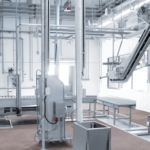
With advancements in automation, data management, and equipment, technology plays a pivotal role in enhancing efficiency, food safety, and animal welfare in abattoir design and processes.
This is an opinion piece or news article written by our staff.
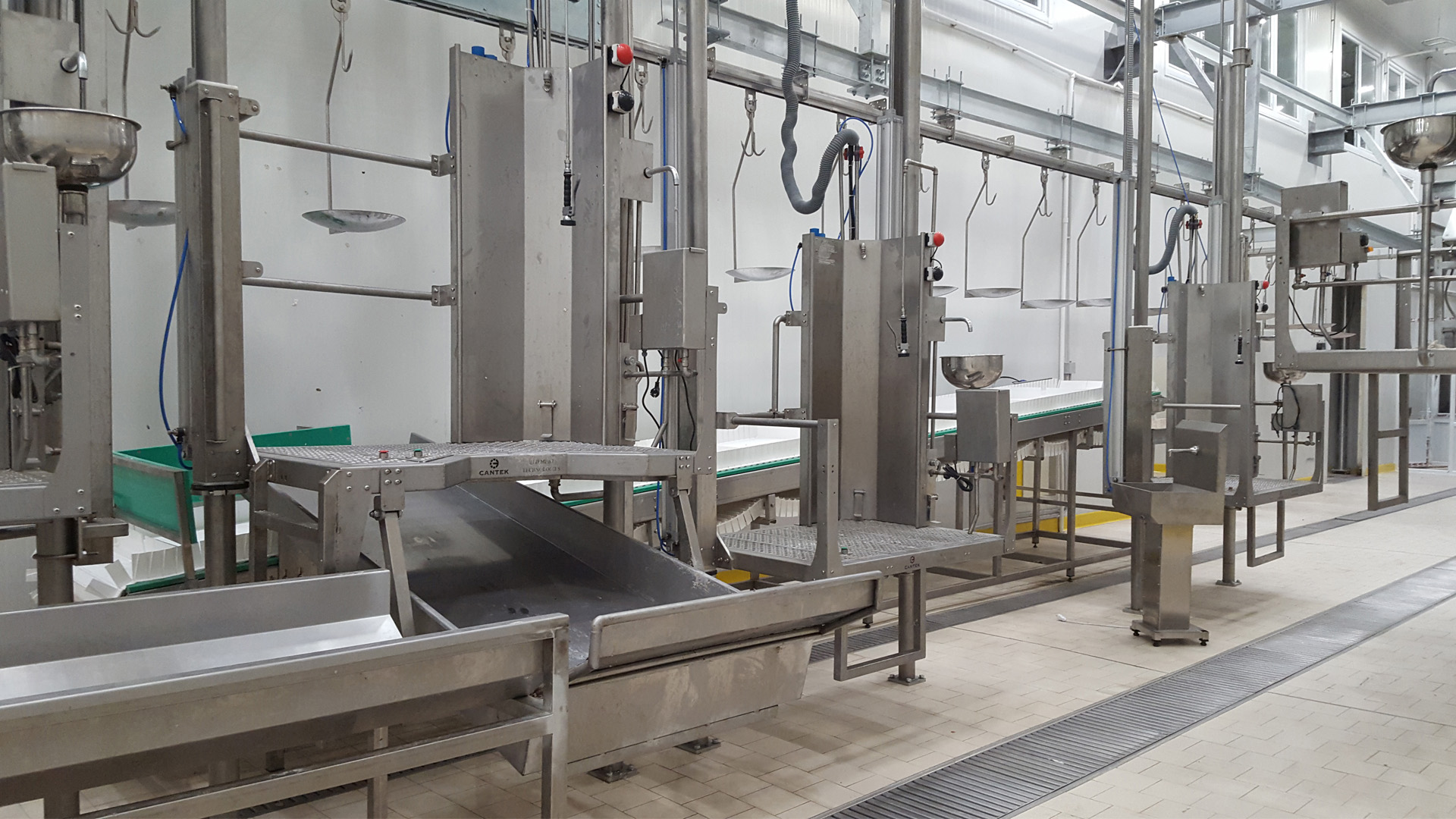
The design and development of an abattoir require careful consideration of various factors, ranging from animal welfare and hygiene to operational efficiency and regulatory compliance. In this article, we delve into the importance of hiring specialists for abattoir design and development projects and how their expertise can contribute to the success of such ventures.
Abattoirs are subject to a myriad of regulations and standards, including animal welfare, food safety, environmental sustainability, and occupational health and safety. Hiring specialists well-versed in these regulations is crucial to ensure compliance throughout the design and development process. These experts stay up-to-date with the latest requirements, ensuring that the abattoir meets all legal and ethical obligations.
Designing an abattoir is a complex task that demands a deep understanding of operational processes, workflow optimisation, and spatial efficiency. Specialists in abattoir design bring their expertise to the table, tailoring solutions to meet the specific needs of the facility. They consider factors such as animal flow, equipment layout, hygiene zones, and waste management systems to create a design that maximises productivity, minimises costs, and enhances overall functionality.
Animal welfare is a critical aspect of abattoir operations, and it is essential to prioritise the humane handling of animals throughout the process. Specialists in abattoir design and development understand the importance of creating facilities that minimise stress and discomfort for the animals. They focus on designing ergonomic handling systems, ensuring proper lighting and ventilation, and incorporating features that facilitate calm and safe animal movement. By prioritising animal welfare, these specialists contribute to the production of high-quality meat and foster a positive public perception of the industry.
Efficient workflow is key to the success of an abattoir, as it directly impacts productivity, profitability, and quality control. Specialists in abattoir design possess extensive knowledge of operational processes and can identify opportunities for improvement. They analyse the flow of animals, people, and products within the facility, optimising the layout to minimise bottlenecks, reduce handling time, and enhance overall operational efficiency. This expertise leads to streamlined processes, increased throughput, and improved resource utilisation, ultimately benefiting the abattoir’s bottom line.
Abattoirs present inherent risks to the health and safety of workers, animals, and the environment. Hiring specialists who are well-versed in health and safety regulations is crucial to identify potential hazards and implement effective mitigation measures. These professionals assess the facility’s design for potential risks, such as ergonomic hazards, chemical exposures, and waste management issues. By incorporating safety features and best practices, they create a safer working environment for employees and minimise the risk of accidents or regulatory non-compliance.
Designing and developing an abattoir is a multifaceted endeavour that requires a deep understanding of various disciplines. By hiring specialists in abattoir design and development, stakeholders can ensure compliance with regulations, prioritise animal welfare, optimise workflow efficiency, and mitigate health and safety risks. Their expertise contributes to the successful implementation of abattoir projects, fostering sustainable and responsible practices within the meat industry.

With advancements in automation, data management, and equipment, technology plays a pivotal role in enhancing efficiency, food safety, and animal welfare in abattoir design and processes.
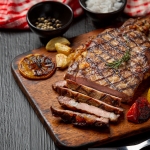
Abattoirs play a critical role in this journey, serving as the gateway where livestock are transformed into meat products.
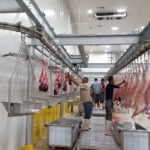
When it comes to abattoir operations, there are different models to consider, including small-scale and large-scale facilities.
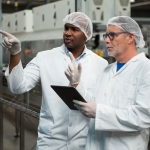
Compliance with these regulations is essential to protect public health, maintain industry reputation, and adhere to legal requirements.